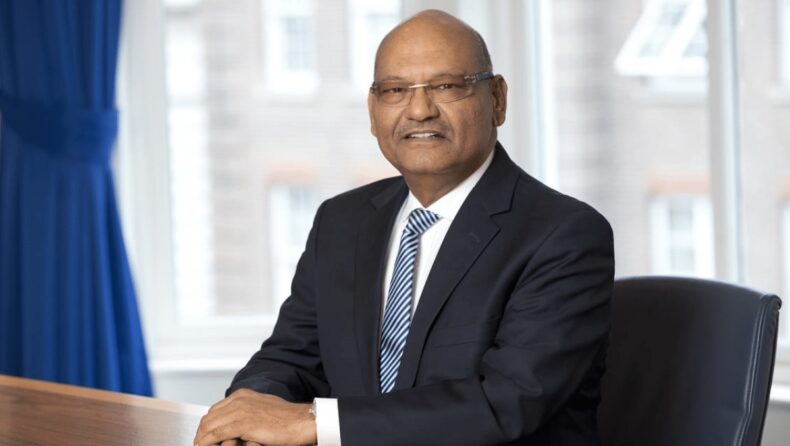Vedanta aims to manufacture 3,00,000 barrels of oil in two years, while zinc creation is targeted to be tripled to around 3 million metric tonnes from resources in India and South Africa, said its founder, Anil Agarwal.
Mining tycoon Anil Agarwal has goals to firmly increase oil and gas production, dilate yields of metals like zinc and aluminium, and set foot in semiconductor manufacturing. He started his business in Mumbai in 1976 as a scrap metal dealer and sees mining as an important economic activity that will not only cut dependence on foreign goods but also create employment opportunities and increase prosperity.

Vedanta’s founder is undaunted by troubles regarding debt levels at the company. He allays worries about paying off impending debt maturities by claiming that the group generates adequate cash flows each year to cover all of its liabilities.
Agarwal’s statements
He mentioned in an interview with PTI that Vedanta will be producing 3,00,000 barrels of oil in just 2 years and 5,00,000 barrels of oil in 4 to 5 years. In the fiscal year that ended March 31, 2024, Vedanta produced 1,42,615 barrels of oil and oil equivalent gas, primarily from its assets based in the desert state, Rajasthan.
The founder also mentioned that aluminium, too, is seeing 20% growth every passing year. Vedanta has been successful in producing around 2.3 million metric tonnes of aluminium in the 2022-23 fiscal year.

In order to prevent supply chain disruption, the US Commerce Secretary recently announced that the country is searching for a China-plus-one model. To this, Agarwal replied that there can be no better manufacturing hub than India.
He also mentioned India’s expenditure on imports of oil, gas, and electronics at 3.6 lakh crore annually. The solution he suggested to reverse this is through more exploration within the country as well as local construction.
Other metals
It is intended to quadruple production of zinc, whose demand is expected to triple along with steel as the Indian economy develops. Vedanta is looking forward to catering to the demand-supply gap and producing around 3 million metric tonnes at a cost of USD 1,000 per tonne.

Focusing on the significance of metals, Agarwal said EVs and renewable sources of energy will need five times more copper, aluminium, and zinc than before. Metals like lithium and cobalt are essential components for creating batteries and solar panels for electric vehicles and alternative energy sources.
With newly planned funding in sectors including zinc, oil, and gas, Vedanta aims to grow from a USD 20 billion firm to a USD 100 billion one by 2030. Agarwal said that they need urgent attention on mining as, in India, they have not done enough exploration. More and more they look below the ground, the more and more they will be richer and better off.
Semiconductors
Semiconductors are used virtually in every electronic item, from cars to phones to TV sets. Still, India has to rely on imports to meet its needs. This is why Vedanta decided to take a step forward and solve this problem by making an entry into the construction of semiconductors and display fabs. In 2½ years, the first semiconductor will be rolled out of a factory in Gujarat.

India estimates its semiconductor market will reach USD 63 billion by 2026, compared to a 2020 reach of USD 15 billion. Agarwal said that private equity wants to be a part of India’s semiconductor expansion and that there is no shortage of funds.
When questioned about financing and technological partnerships for the semiconductor plants, he responded that the group had committed USD 1.5 billion, which would be enough to cover the initial roll-out settlements.













